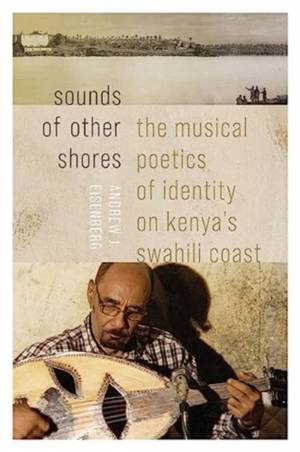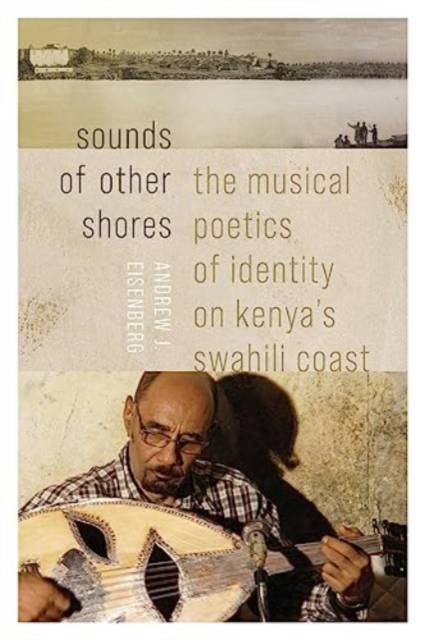
- Retrait gratuit dans votre magasin Club
- 7.000.000 titres dans notre catalogue
- Payer en toute sécurité
- Toujours un magasin près de chez vous
- Retrait gratuit dans votre magasin Club
- 7.000.0000 titres dans notre catalogue
- Payer en toute sécurité
- Toujours un magasin près de chez vous
Description
A study of transoceanic musical appropriation and Swahili ethnic subjectivity on the Kenyan coast
Sounds of Other Shores takes an ethnographic ear to the history of transoceanic stylistic appropriation in the Swahili taarab music of the Kenyan coast. Swahili taarab, a form of sung poetry that emerged as East Africa's first mass-mediated popular music in the 1930s, is a famously cosmopolitan form, rich in audible influences from across the Indian Ocean. But the variants of the genre that emerged in the Kenyan coastal city of Mombasa during the twentieth century feature particularly dramatic, even flamboyant, appropriations of Indian and Arab sonic gestures and styles. Combining oral history, interpretive ethnography, and musical analysis, Sounds of Other Shores explores how Swahili-speaking Muslims in twentieth-century Mombasa derived pleasure and meaning from acts of transoceanic musical appropriation, arguing that these acts served as ways of reflecting on and mediating the complexities and contradictions associated with being "Swahili" in colonial and postcolonial Kenya. The result is a musical anthropology of Kenyan Swahili subjectivity that reframes longstanding questions about Swahili identity while contributing to broader discussions about identity and citizenship in Africa and the Indian Ocean world.
Spécifications
Parties prenantes
- Auteur(s) :
- Editeur:
Contenu
- Nombre de pages :
- 240
- Langue:
- Anglais
- Collection :
Caractéristiques
- EAN:
- 9780819501066
- Date de parution :
- 02-04-24
- Format:
- Livre broché
- Format numérique:
- Trade paperback (VS)
- Dimensions :
- 150 mm x 226 mm
- Poids :
- 453 g

Les avis
Nous publions uniquement les avis qui respectent les conditions requises. Consultez nos conditions pour les avis.






